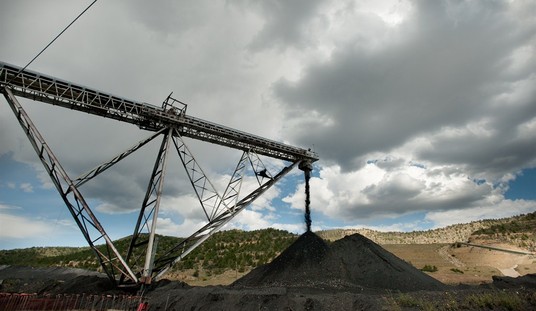When it announced last month that its final print edition would occur on February 25, 2010, the Berkeley Daily Planet also tacitly acknowledged defeat in its conflict with elements of the East Bay Jewish community. Viewed as anti-Zionist and anti-Semitic by increasing numbers of Jewish residents and ultimately by some leaders of the Jewish community, the Planet’s demise was, nonetheless, not a cause for celebration.
The aspiration of those who confronted the Planet was that it would reform. But the Planet’s publisher and editor, Becky O’Malley, appeared to be obsessed with Jews. O’Malley strongly denies being an anti-Semite, and as the conflict over the Planet heated up, O’Malley, at times, published letters attacking the Planet. She even published one of mine.
But O’Malley’s objectivity ebbed and flowed, as did her attempts to portray the Planet as a local newspaper. On August 8, 2006, O’Malley published a commentary written by Kurosh Arianpour, an Iranian living in India. Arianpour’s screed recounted tragedies Jews experienced over the centuries, including the Holocaust, and then proceeded to blame the Jews themselves for incurring the wrath of those who hated and murdered them.
The commentary had nothing to do with local issues, and why Mr. Arianpour chose a local newspaper ten thousand miles away to vent his bile was never made clear. There was nothing redeeming about the commentary, unless a vicious, anti-Semitic diatribe is important because it appeals to the new anti-Semitism of Berkeley’s far left or satisfies some morbid psychological need of those who lust after such portrayal of Jews.
No one disputed the Planet’s legal right to publish hate. After all, the First Amendment, which O’Malley frequently wrapped herself in, does protect hate. But the First Amendment does not immunize O’Malley from criticism or from the implications of Mark Twain’s sarcastic aphorism about Americans being given the right to free speech and the good sense not to use it.
Certainly, O’Malley evidenced no compelling need to portray other ethnic or racial groups with similar contempt or generally to push her First Amendment rights elsewhere without restraint. As John Gertz, O’Malley’s most insightful, passionate and influential critic and editor of the web site DPwatchdog, points out from his intensive analysis of the Planet’s writing, the Planet editorialized about its decision not to publish the Danish cartoons mocking Mohammed. But true to form, O’Malley published a series of anti-Semitic cartoons by Justin DeFreitas that could have come straight from the Nazi party paper Der Sturmer.
The Planet did find one other group to serve as an outlet for an irrational and vicious attack, the Oakland Police Department. When four Oakland police officers were gunned down in a shootout, O’Malley published a letter blaming the Oakland police officers for their own tragedy.
One of O’Malley’s contributors, Joanna Graham, herself Jewish, wrote some of the pieces most demeaning of Jews. Berkeley is flush with self-hating Jews caught between their ultra-leftist politics and their Jewish background, a conflict reconciled in favor of their politics. And O’Malley seemed only too eager to give Graham an outlet for her anti-Semitism. When Gertz asked O’Malley why she would provide a forum for Graham’s rancid pieces, O’Malley dismissively responded that Graham was a good writer.
As Gertz’s well-documented website was calling into question O’Malley’s claim of not being an anti-Semite, Jim Sinkinson and Dan Spitzer, as well as other members of the Jewish community, all acting independently, were showing local businessmen what their ads in the Planet were supporting, with the strongest indictments coming from the pages of the Planet itself. O’Malley’s advertisers began to leave.
To the extent that the Planet did fall because of its anti-Semitism, it was due to the spontaneous actions of individuals who put an inordinate amount of time and energy into defeating hatred and intolerance. With the exception of signing a few petitions, the leaders of the organized Jewish community were conspicuous by their absence from this conflict. O’Malley inadvertently exposed what many Bay Area Jews already perceive: that our leadership is next to useless. Some arrived on the scene of the conflict as the Planet was going into cardiac arrest and then showed sufficient concern to put a few nails into an already sealed coffin.
More than this, the inability of the organized Jewish community to seriously act in the face of obvious and vicious anti-Semitism has resulted in the creation of a number of underground Jewish “groups” that see their mission as stepping into the defense vacuum the organized community continues to create. Such groups now exist in various parts of our geographically dispersed community. These collections of individuals are amorphous, loosely associated, and function more in the mode of cells than in any strict organizational hierarchy.
The Planet has folded, but O’Malley’s legacy continues. O’Malley has become an inspiration to Jewish activists, who have learned that being self-reliant in challenging the growing anti-Semitism of the far left is vital to Jewish security. This is not the legacy O’Malley intended to create. It is, nonetheless, the one for which many of us will remember her.









Join the conversation as a VIP Member